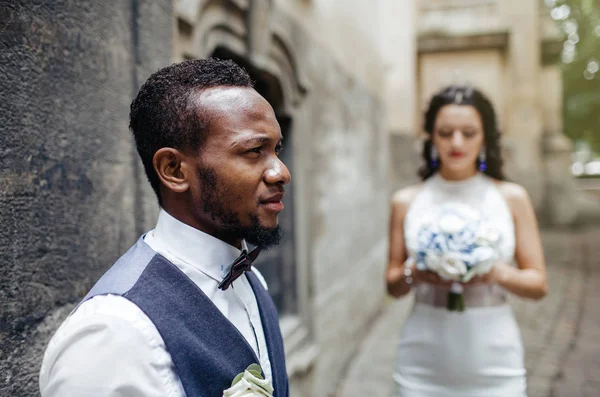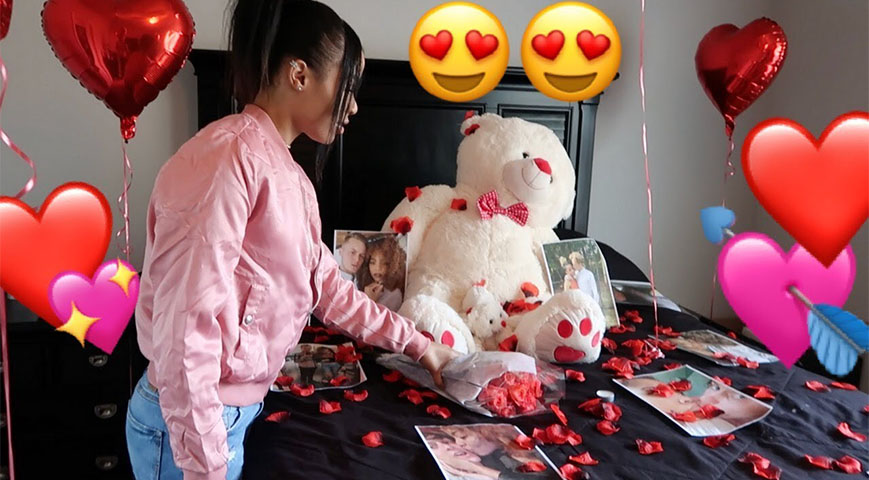Healing is a process. All broken leaves deep wounds. These wounds need a great way of healing else they may escalate to a point where they will never heal.
There must be a well-designed strategy put in place which should be accompanied by rigorous therapy.
1. Apology
A partner may want to apologize long after the damage has already happened. You may receive gifts and other treatments but more need to be done.
Did you read this?
A heartfelt apology comes from the realization of the hurt that you have caused. And as they say, Actions truly speak louder than words.
A meaningful apology verbalizes the understanding of the pain that you have caused and shows regret for the actions taken.

2. Avoid Blame Games
What partners should avoid are blame games. Understand that taking responsibility is showing ownership of your actions as well as their impact, even if the pain caused was unintentional.
3. Take Responsibility
When you take responsibility, you let the other person know that you understand the gravity of the situation you have caused and recognize what you have done wrong.
4. Communicate
It is also important to provide a forum to talk through what happened and process everyone's feelings. When people know that their pain has been heard, it helps them through their healing process.

The person making amends must repair the damage that has been caused and take action to avoid repeating the bad behavior. Having a plan of action that addresses the issues that caused the person to behave badly is a good start. Sometimes that can mean ditching social media, switching jobs, attending therapy, or going to rehab.












